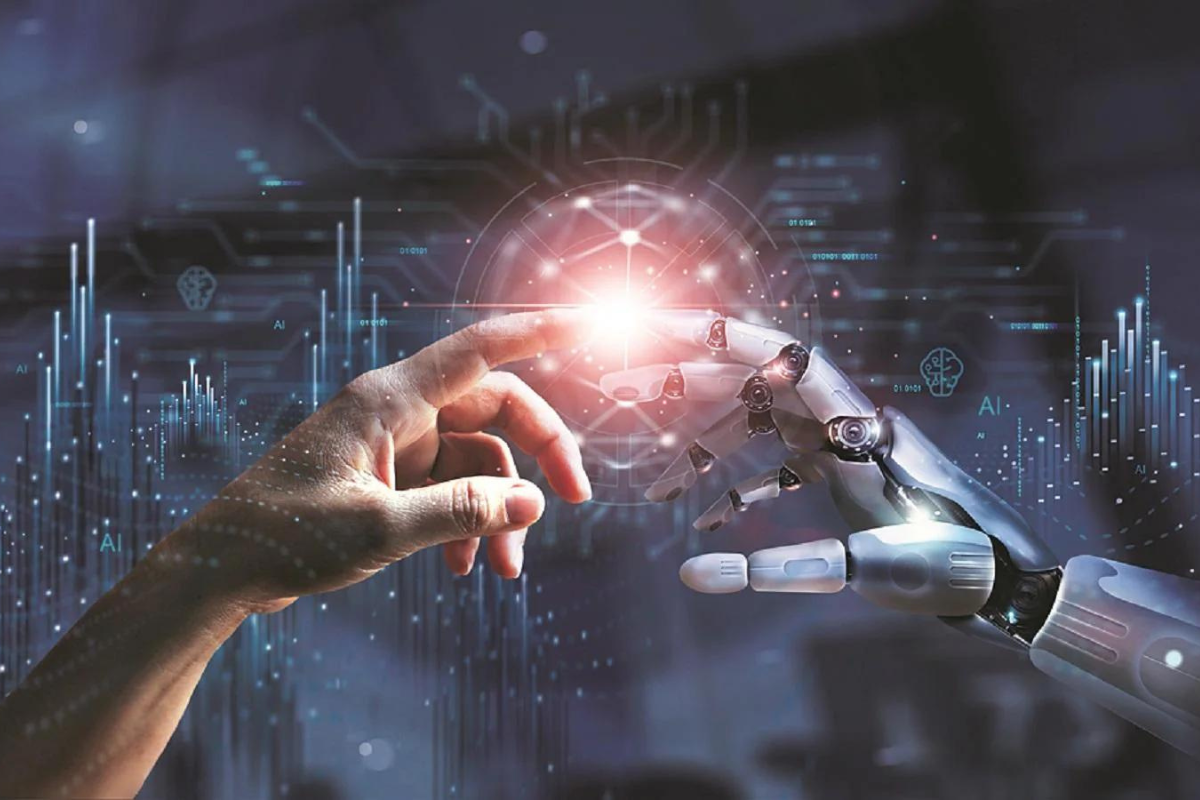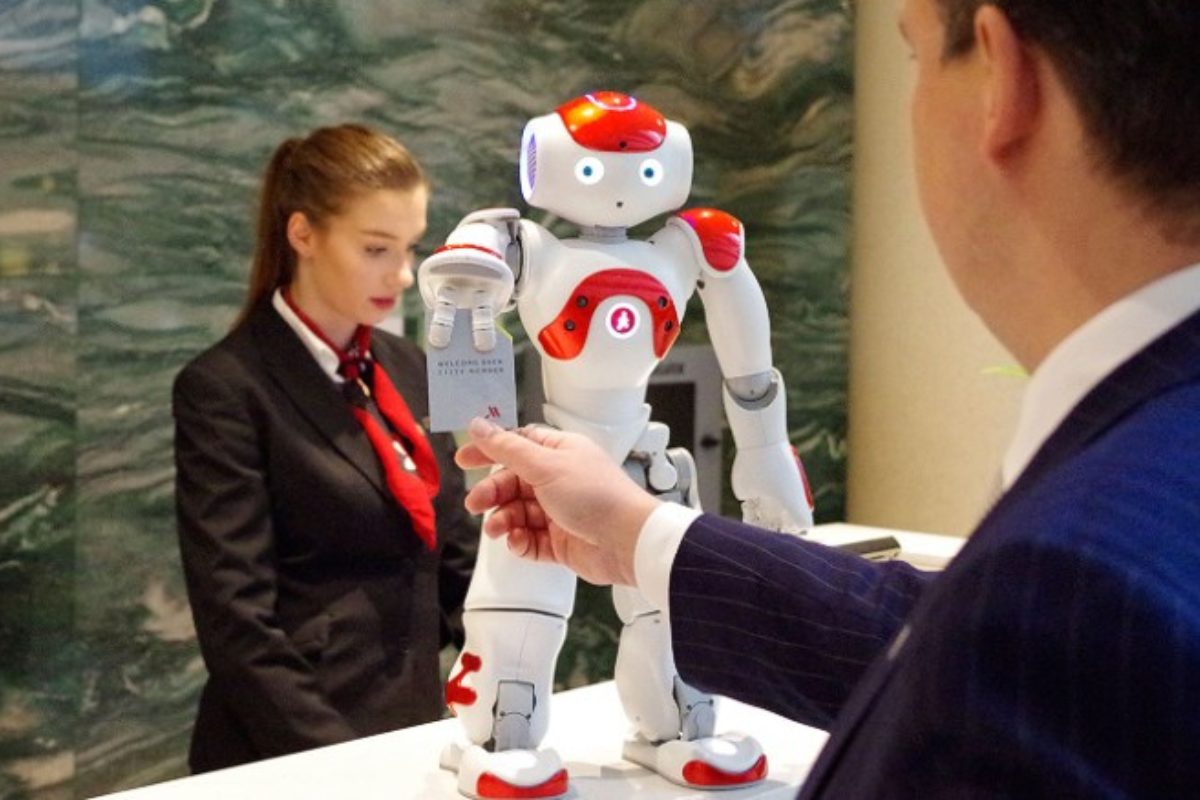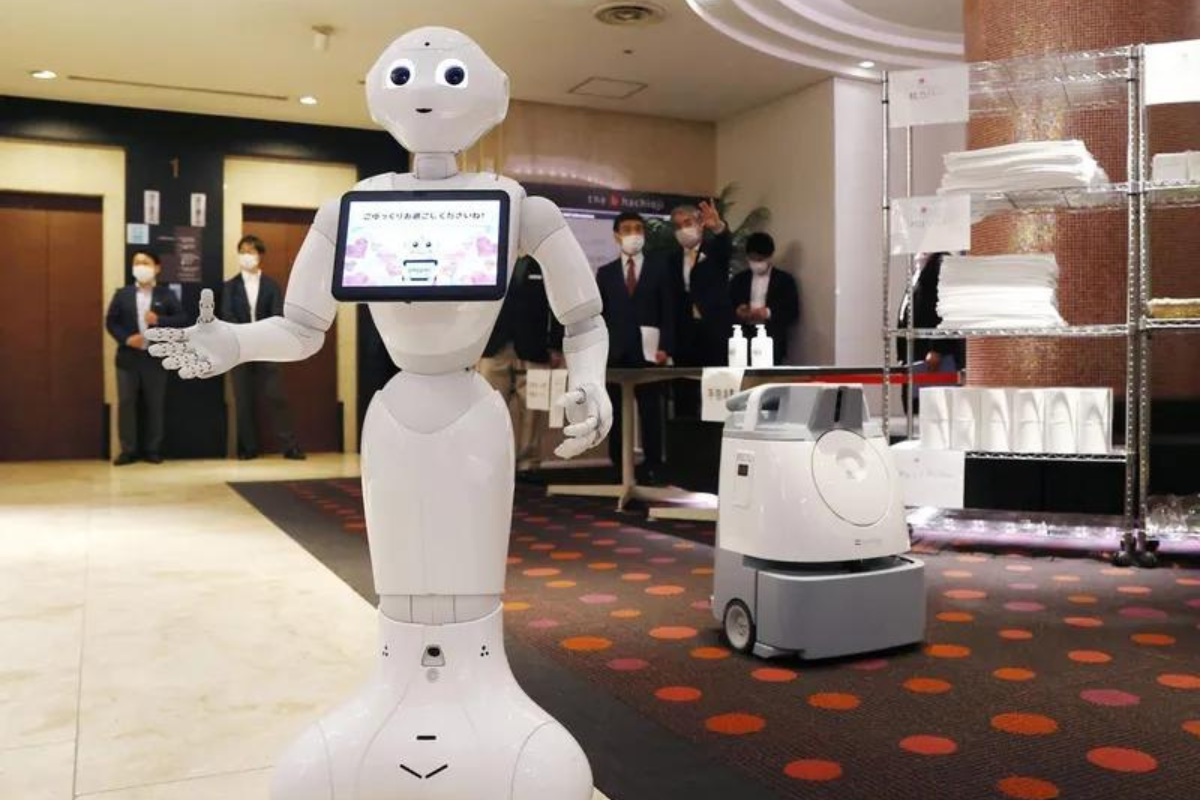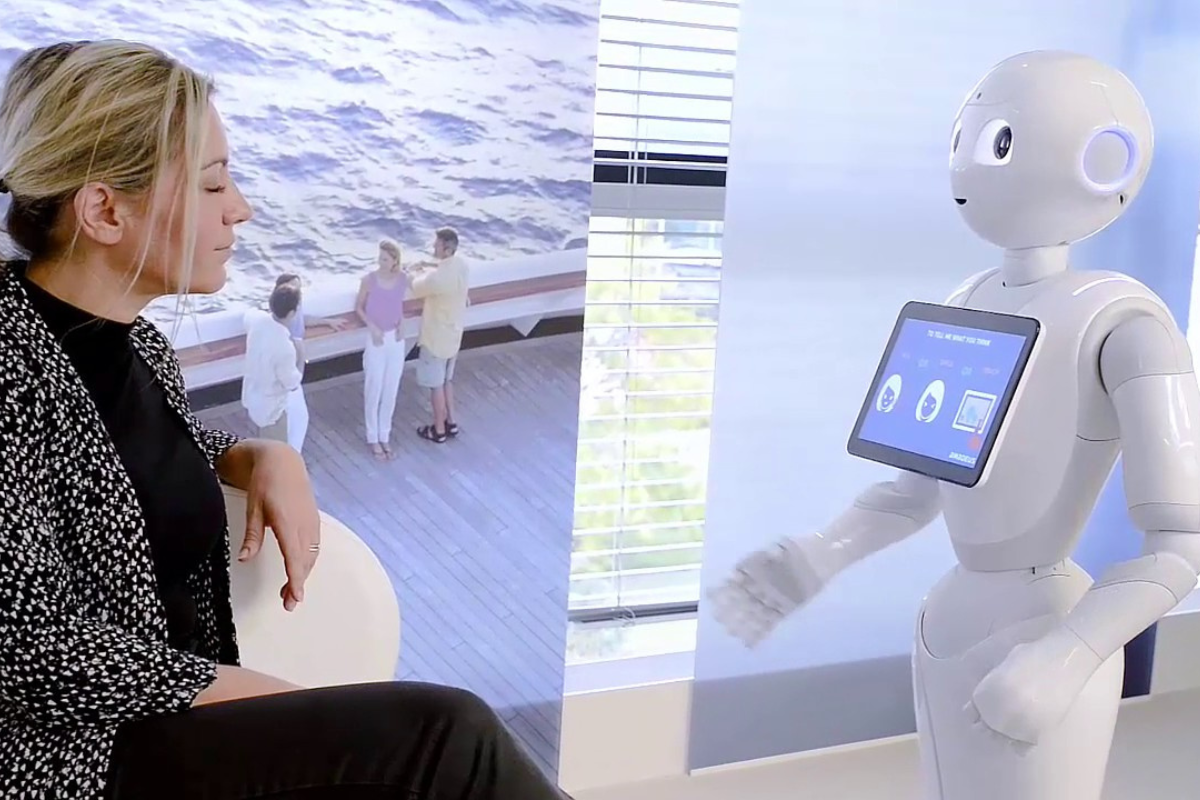Artificial intelligence (AI) has rapidly become one of the most transformative forces of our time. Its impact is felt across industries, from healthcare and finance to transportation and entertainment. In the realm of AI, few have captured the imagination and sparked debate quite like ChatGPT, a large language model chatbot developed by OpenAI.

Photo: Business Standard
ChatGPT was first introduced in November 2022, quickly gaining notoriety for its ability to hold engaging conversations and generate human-quality text. Unlike previous chatbots, ChatGPT was trained on a massive dataset of text and code, allowing it to learn and adapt to new information and prompts. This flexibility made it a versatile tool, capable of writing different kinds of creative content, translating languages, and answering questions in an informative way.
ChatGPT’s capabilities quickly pushed the boundaries of what was possible with AI. It could generate realistic dialogue, write different kinds of creative content, and even translate languages. This led to a surge of interest and experimentation, with users exploring ChatGPT’s potential for everything from writing poetry to creating scripts and musical pieces.
However, ChatGPT’s success was not without its challenges. Concerns were raised about the potential for misuse, such as spreading misinformation or generating harmful content. Additionally, the model’s ability to mimic human conversation raised questions about the nature of consciousness and the potential for AI to deceive or manipulate humans.
The ethical implications of ChatGPT and other advanced AI models are complex and far-reaching. As AI becomes increasingly sophisticated, it is crucial to develop robust ethical frameworks to guide its development and deployment. This includes ensuring transparency, accountability, and fairness in AI algorithms, as well as addressing issues such as bias and discrimination.

Photo: LTIADS
OpenAI, the developers of ChatGPT, have taken steps to address these concerns. They have released guidelines for responsible use of the model and have implemented safeguards to prevent misuse. Additionally, they are actively engaged in research on the ethical implications of AI, working to ensure that its development benefits all of humanity.
The future of AI: Collaboration and coexistence
The remarkable journey of ChatGPT is just the beginning of a much larger story. AI is poised to play an increasingly important role in our lives, shaping everything from the way we work to the way we interact with the world around us. The question is not whether AI will become more sophisticated, but rather how we will choose to develop and use it.
One of the most promising aspects of AI is its potential to collaborate with humans, augmenting our abilities and helping us to solve complex problems. For example, AI can be used to analyze vast amounts of data, identify patterns, and make predictions that would be impossible for humans alone. This can be applied to a wide range of fields, from healthcare and finance to climate change and disaster response.
However, it is important to remember that AI is not a replacement for human intelligence. It is a tool that can be used to enhance our capabilities, but it should not be seen as a substitute for human judgment and decision-making. The future of AI lies in collaboration and coexistence, where humans and machines work together to create a better future for all.

Photo: Audacy
ChatGPT’s remarkable journey is a testament to the incredible progress that has been made in the field of artificial intelligence. However, it is also a reminder of the challenges and ethical considerations that must be addressed as AI continues to evolve. By working together to develop and use AI responsibly, we can ensure that it benefits all of humanity and helps us to create a brighter future.
AI takes flight: Revolutionizing the tourism industry
The bustling landscape of tourism is undergoing a fascinating transformation, fueled by a powerful engine, artificial intelligence. No longer merely futuristic speculation, AI is woven into the fabric of travel experiences, enhancing every aspect from planning to exploration. Let’s delve into the fascinating ways AI is revolutionizing the tourism industry in the future.
Personalization takes center stage: AI-powered algorithms analyze your travel preferences, budget, and interests to craft customized itineraries. Imagine virtual travel agents, understanding your wanderlust for hidden gems, curating unique tours tailored to your artistic eye for off-the-beaten-path galleries. Say goodbye to generic packages, and hello to personalized adventures.
Language barriers crumble: Forget fumbling with phrasebooks! AI-powered translation tools seamlessly bridge communication gaps. Imagine conversing with locals in real time, understanding their stories, and enriching your cultural immersion. AI chatbots provide multilingual support, ensuring smooth navigation through airports, hotels, and bustling markets.

Photo: Kanigas
Destination discovery reimagined: Forget sifting through endless travel blogs. AI-powered recommendation engines analyze your travel habits and suggest destinations, activities, and hidden gems you’d never have discovered on your own. Imagine a virtual travel companion whispering secrets of a breathtaking viewpoint overlooking a hidden valley, accessible only by a local trail. AI becomes your serendipitous guide, opening doors to unexpected experiences.
Enhanced experiences, elevated joys: AI elevates every step of your journey. Imagine robots greeting you at airports, efficiently handling check-in and baggage, while chatbots answer your questions with a friendly smile. Personalized room preferences are set in your hotel room before you arrive, thanks to AI analyzing your past stays. Virtual reality tours let you explore landmarks virtually before setting foot in their awe-inspiring presence.
Boosting efficiency, driving sustainability: AI optimizes operations for travel providers. Flight delays are predicted and proactively managed, minimizing disruptions. Hotels use AI to predict occupancy and manage energy consumption, reducing waste and promoting sustainability. Imagine AI helping airlines optimize fuel usage, making flights more eco-friendly.
The future of AI in tourism holds immense potential. From personalized adventures to seamless language barriers, AI can empower travelers to explore the world like never before. As we embrace AI responsibly, we pave the way for a more enriching, efficient, and sustainable travel experience for all.

